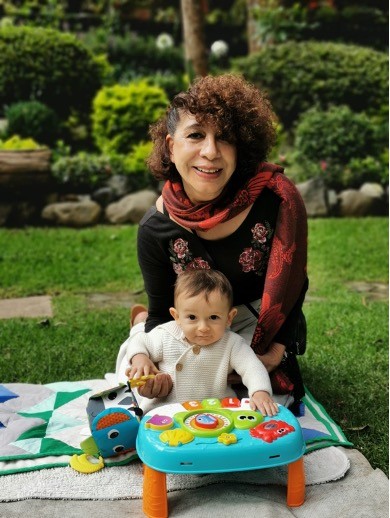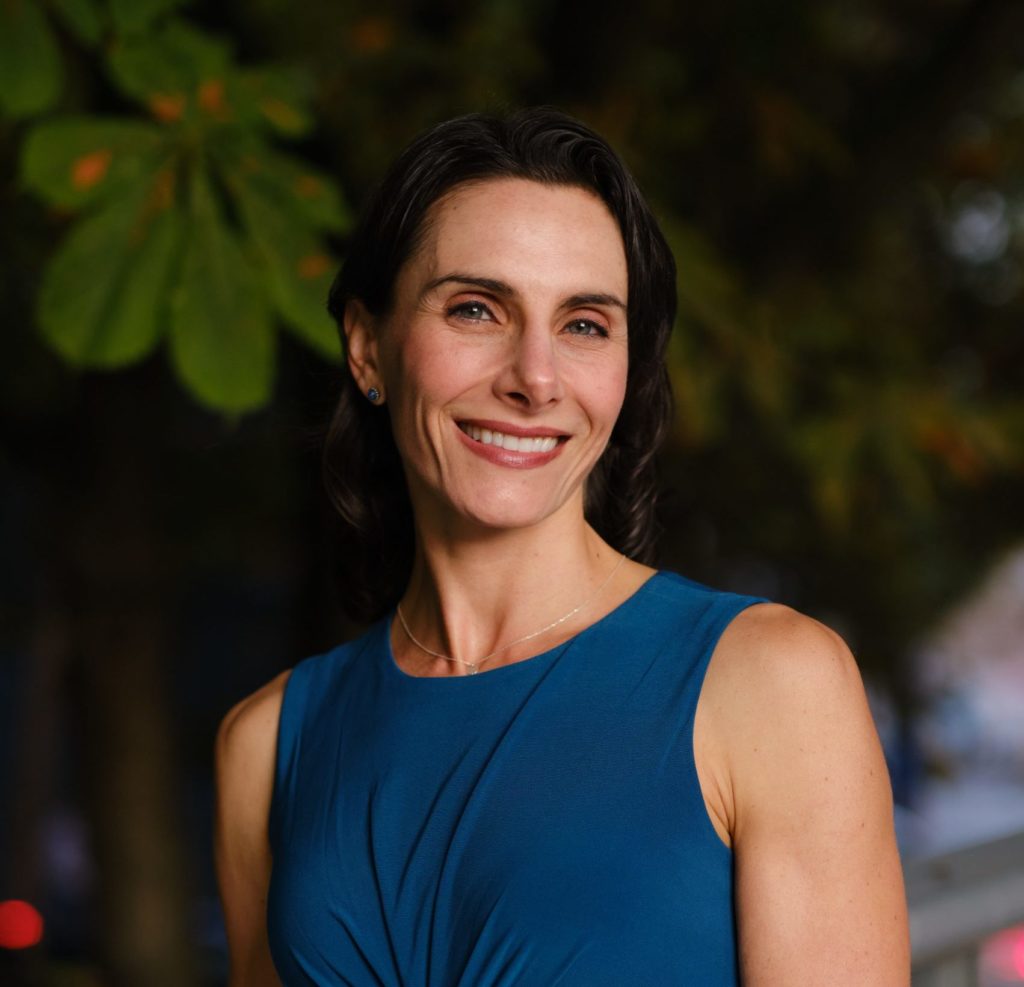The stats:
Name: Sara Frias, PhD
Institution: National Institute of Pediatrics / National Institute of Biomedical Research, National Autonomous University of Mexico
Area of expertise: Cytogenetics, genotoxicity and chromosome instability
My work:
I am a Mexican biologist with a background in cytogenetics. Over 30 years ago I developed a strong interest in Fanconi anemia, a disease mostly unknown in my country. With the support of my mentor, Dr. Alessandra Carnevale, I successfully introduced the chromosomal breakage test for the diagnosis of FA to Mexico. Since then, I have trained dozens in cytogenetic diagnosis, making sure that they can not only appropriately diagnose patients with FA, but also know how to do adequate bone marrow follow-up. Besides cytogeneticists, I have also taught genetics and molecular biology to biologists and resident physicians and mentored graduate students.
I lead a basic science research laboratory where we study how DNA repair deficiency affects the cells from FA patients, using different approaches that include classic and molecular cytogenetics as well as computational biology modeling. I have been lucky to find committed local and international collaborators for many of my projects. Over the past few, together with the physicians from my group we have designed and launched the Mexican registry of patients with FA, which will allow to us to have much needed local clinical data. Fortunately, networking has crossed beyond lab lines and we currently find ourselves connecting patients with FA from all over Latin America.

Dr. Frias with her grandson
What motivates me to work on FA:
Patients with FA are my motivation. Knowing the importance of efficient DNA repair mechanisms makes you realize that we continuously live rescuing each one of our cells from potentially fatal injuries suffered by our genome on a daily basis. It can be surprising to think that a cell can survive despite having a malfunctioning DNA repair system. So, when I meet a patient with FA, I can only feel deep admiration and respect, because they are a living example that life blossoms by finding the necessary paths to solve hardships, like being unable to keep a healthy genome.
I am further motivated by patients with FA when I see how they value and enjoy their lives. Patients with FA are – perhaps without knowing it – living lessons of survival, a meaningful message that we could all learn. So, to do basic and clinical research on Fanconi anemia is to enter the wonderful world of human biology.
Knowing that each new observation and discovery might help these incredible people have a better life fills me with excitement and motivation. Yet, I also feel very sad when I realize that in Mexico and other developing countries, many patients may not even know that they have FA and may be suffering since they cannot access basic treatment to help improve their health. All of this motivates me to keep working. Nothing gives me more drive than knowing that the contributions my team and I bring to the FA world have the potential to directly impact the FA community.
When I’m not in the lab, you could find me:
Most of the time I will be in the laboratory working and mentoring my students. You can also find me at Mexico’s National University where I love teaching a course in cellular and molecular biology. If not there, you will certainly catch me at home, taking care of my garden and enjoying my family and my loving grandson.
Anything else you want FA families to know?
You must be very proud of yourselves because you are wonderful human beings who have overcome an adverse condition and many of you are not only incredible examples of biological life, but also of emotional life, of perseverance and resilience. Thank you for everything you teach us.




